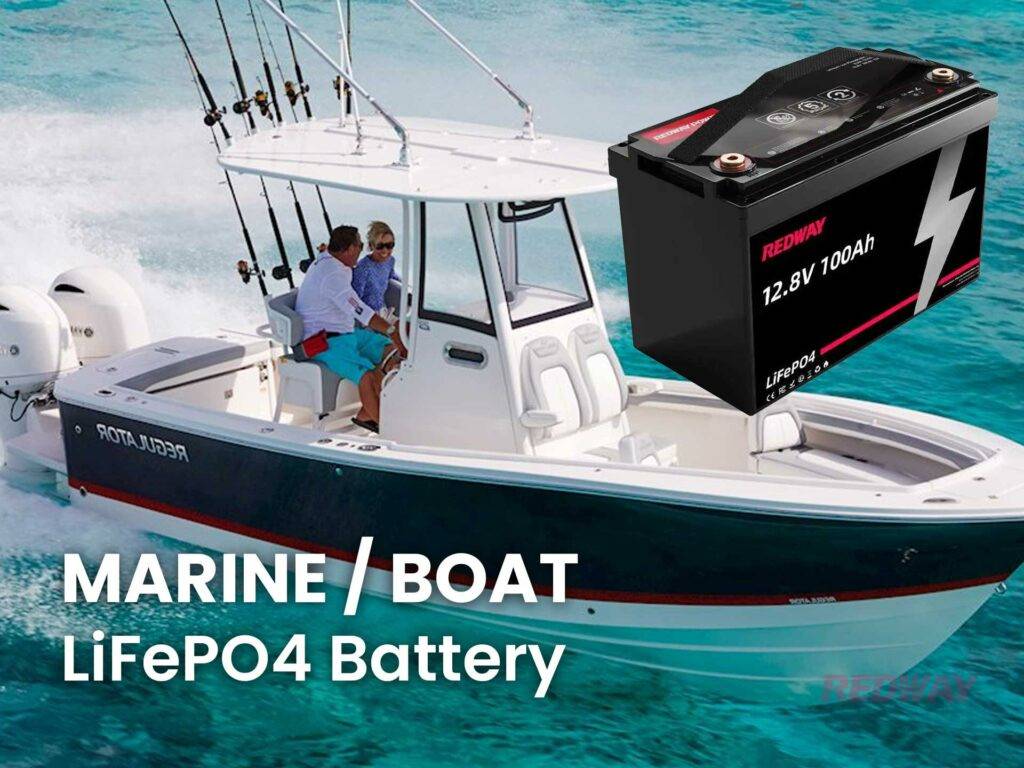As stewards of the environment and responsible consumers, it is crucial to understand the proper avenues for recycling LiFePO4 marine batteries. Recycling these batteries not only helps reduce environmental pollution but also contributes to the sustainable management of electronic waste. This article provides a comprehensive guide on the various options available for recycling your LiFePO4 marine batteries effectively.
Contacting Battery Retailers and Manufacturers
One of the first steps in recycling your LiFePO4 marine batteries is to contact the company from which you purchased the batteries. Many battery retailers and manufacturers offer dedicated recycling programs. These programs are designed to ensure that batteries are disposed of in an environmentally friendly manner. Here are a few steps to follow:
- Visit the Manufacturer’s Website: Most manufacturers provide detailed information about their recycling programs on their websites. Look for a section dedicated to battery recycling.
- Contact Customer Support: If information is not readily available online, reach out to customer support. They can provide instructions on how to return your batteries for recycling.
- Follow Provided Guidelines: Manufacturers often have specific guidelines for battery return, including how to package and ship the batteries safely.
Utilizing Local Recycling Centers
Local recycling centers are another excellent option for disposing of your LiFePO4 marine batteries. These centers are equipped to handle various types of electronic waste, including lithium batteries. To find a local recycling center:
- Search Online: Use search engines or online directories to find recycling centers in your area. Keywords like “battery recycling center near me” can be helpful.
- Check Local Government Resources: Municipal websites often have information about local recycling facilities and hazardous waste disposal events.
- Call Ahead: Not all recycling centers accept all types of batteries, so it’s wise to call ahead and confirm that they can handle LiFePO4 batteries.
Exploring Electronics Retailer Programs
Many electronics retailers offer recycling programs for batteries. Stores like Best Buy, Staples, and Home Depot have drop-off points where you can leave your old batteries for recycling. These programs are convenient and often free of charge. Here’s how to take advantage of these services:
- Visit the Retailer’s Website: Check the retailer’s website for information on their battery recycling program.
- Locate Drop-off Points: Use store locators to find the nearest drop-off point.
- Prepare Batteries: Ensure that your batteries are properly discharged and packaged according to the retailer’s guidelines.
National Recycling Programs
Programs such as Call2Recycle and Earth911 offer extensive networks of drop-off locations for battery recycling. These programs make it easy to find a convenient place to recycle your LiFePO4 marine batteries.
Call2Recycle
Call2Recycle is a leading battery recycling program in North America. Here’s how to utilize their services:
- Visit Call2Recycle’s Website: Use their locator tool to find a drop-off location near you.
- Drop Off Your Batteries: Take your batteries to the selected location. The process is straightforward, and many locations are available nationwide.
Earth911
Earth911 provides a comprehensive recycling database:
- Use the Recycling Search Tool: Enter “LiFePO4 marine batteries” and your location to find nearby recycling options.
- Follow Instructions: Earth911 offers detailed instructions for battery recycling, ensuring you follow the best practices.
Hazardous Waste Collection Events
Local hazardous waste collection events are organized periodically to manage the disposal of hazardous materials, including batteries. Participating in these events ensures that your batteries are handled safely and responsibly.
- Check Local Listings: Look for announcements of hazardous waste collection events in local newspapers, municipal websites, or community boards.
- Prepare Your Batteries: Discharge and package your batteries according to the event guidelines.
- Attend the Event: Bring your batteries to the event and follow the instructions provided by the organizers.
Mail-in Recycling Programs
For those who prefer a more convenient option, mail-in recycling programs offer an excellent alternative. These programs allow you to send your LiFePO4 marine batteries to a recycling facility through the mail. Here’s how to get started:
- Find a Mail-in Program: Search online for mail-in battery recycling programs. Companies like Battery Solutions and Big Green Box offer these services.
- Request a Recycling Kit: Many programs provide pre-paid recycling kits that include packaging materials and shipping labels.
- Follow Instructions: Discharge your batteries, package them securely, and send them off using the provided materials.
Proper Disposal Guidelines
Ensuring the safe disposal of LiFePO4 marine batteries involves following specific guidelines to prevent any risk of leakage, fire, or environmental harm. Here are some general tips:
- Discharge the Batteries: Fully discharge the batteries before recycling them to reduce the risk of short circuits or fire.
- Package Securely: Use non-conductive materials to wrap each battery individually. This prevents terminals from touching and reduces the risk of short circuits.
- Label Clearly: If you’re mailing the batteries, ensure the package is clearly labeled according to the recycling program’s requirements.
- Follow Local Regulations: Different regions have varying regulations for battery disposal. Make sure you’re aware of and comply with local laws and guidelines.
Environmental Impact and Benefits
Recycling LiFePO4 marine batteries is crucial for environmental sustainability and responsible waste management. Proper recycling helps:
- Reduce Environmental Pollution: Prevents harmful chemicals from leaching into the soil and water.
- Conserve Resources: Allows valuable materials to be recovered and reused in the production of new batteries.
- Support the Circular Economy: Promotes the reuse and recycling of materials, reducing the need for new raw materials.
Conclusion
Recycling LiFePO4 marine batteries is a responsible and environmentally friendly practice. By utilizing the resources provided by battery manufacturers, local recycling centers, electronics retailers, national recycling programs, hazardous waste events, and mail-in services, we can ensure that our batteries are disposed of safely and sustainably. Following proper disposal guidelines and understanding the environmental benefits of recycling further underscores the importance of this practice. Let us all take part in promoting environmental sustainability and responsible waste management.





